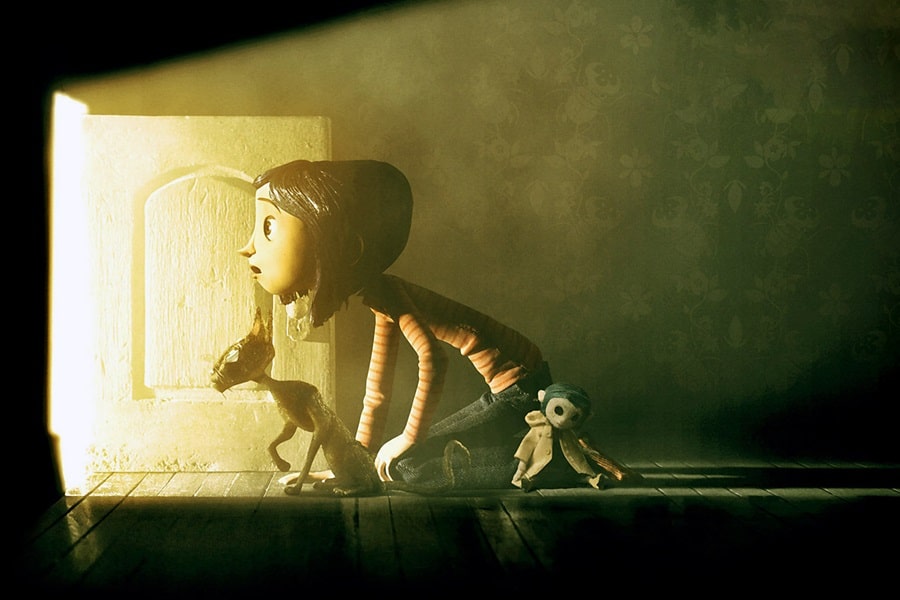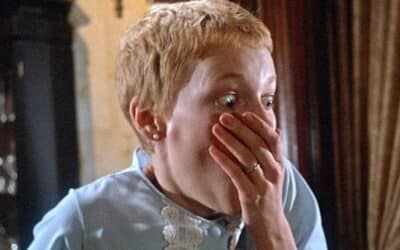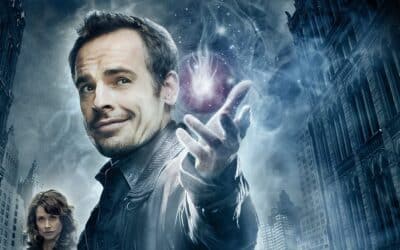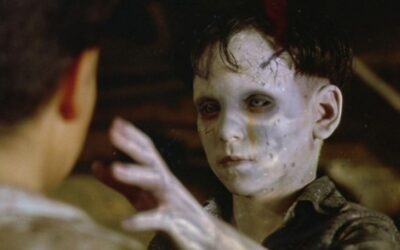
Supernatural in Horror
The integration of supernatural elements in horror stories is a tradition as old as the genre itself. These elements, be it ghosts, demons, or otherworldly phenomena, reach into a primal part of the human psyche, stirring a blend of fear, fascination, and the irresistible allure of the unknown. The supernatural in horror is not just a vehicle for fright but a medium through which the genre explores and confronts the mysteries and fears at the heart of human existence.
Supernatural elements represent the unexplored and inexplicable aspects of life, tapping into the age-old fear of what lies beyond the tangible world. Shirley Jackson’s The Haunting of Hill House showcases this brilliantly, weaving a tale around a potentially haunted house that becomes a character in its own right. The narrative masterfully blurs the lines between psychological terror and actual ghostly occurrences, leaving readers in a limbo of doubt and dread.
Stephen King’s approach to the supernatural often serves to amplify the emotional and psychological depth of his stories. In It, the entity terrorizing the town embodies the concept of fear itself, able to morph according to the characters’ deepest anxieties. Here, the supernatural serves as a metaphor for the universal experiences of childhood fears and the loss of innocence.
The exploration of themes like mortality and the afterlife is another area where supernatural elements shine in horror. Henry James’ The Turn of the Screw presents an ambiguous ghostly presence, opening up myriad interpretations around grief, sanity, and the fragile boundary between life and death, thus enriching the horror with intellectual depth.
In Susan Hill’s The Woman in Black, the ghost is more than a source of scares; it’s a symbol of unresolved grief and vengeance. The story taps into the universal fears surrounding death and loss while delivering a narrative that chills to the bone.
Supernatural elements in horror often transcend mere plot devices to become vehicles for allegory and social commentary. Bram Stoker’s Dracula is a case in point, where the fearsome vampire reflects societal anxieties about the unknown and the ‘other,’ embodying the fears and prejudices of the era.
The supernatural also liberates authors from the confines of reality, allowing for storytelling that is boundless in its creativity and imagination. Neil Gaiman’s Coraline is a testament to this, with its otherworldly elements crafting a surreal and eerie atmosphere that delves into themes of bravery, curiosity, and the perilous allure of desires.
The supernatural in horror is more than just a tool for evoking fear; it’s a lens through which we examine our deepest anxieties and questions. These elements not only scare us but also invite us to ponder the unseen and unexplained facets of our existence, making horror stories not just tales of terror, but also of deep, introspective exploration.
More Supernatural Horror Features
Occult Horror
The Unseen Shadows of Fiction
Magical Thrillers
Where thriller and magic collide
Supernatural Chills
The Most Haunting Ghost Stories in Suspense Fiction



